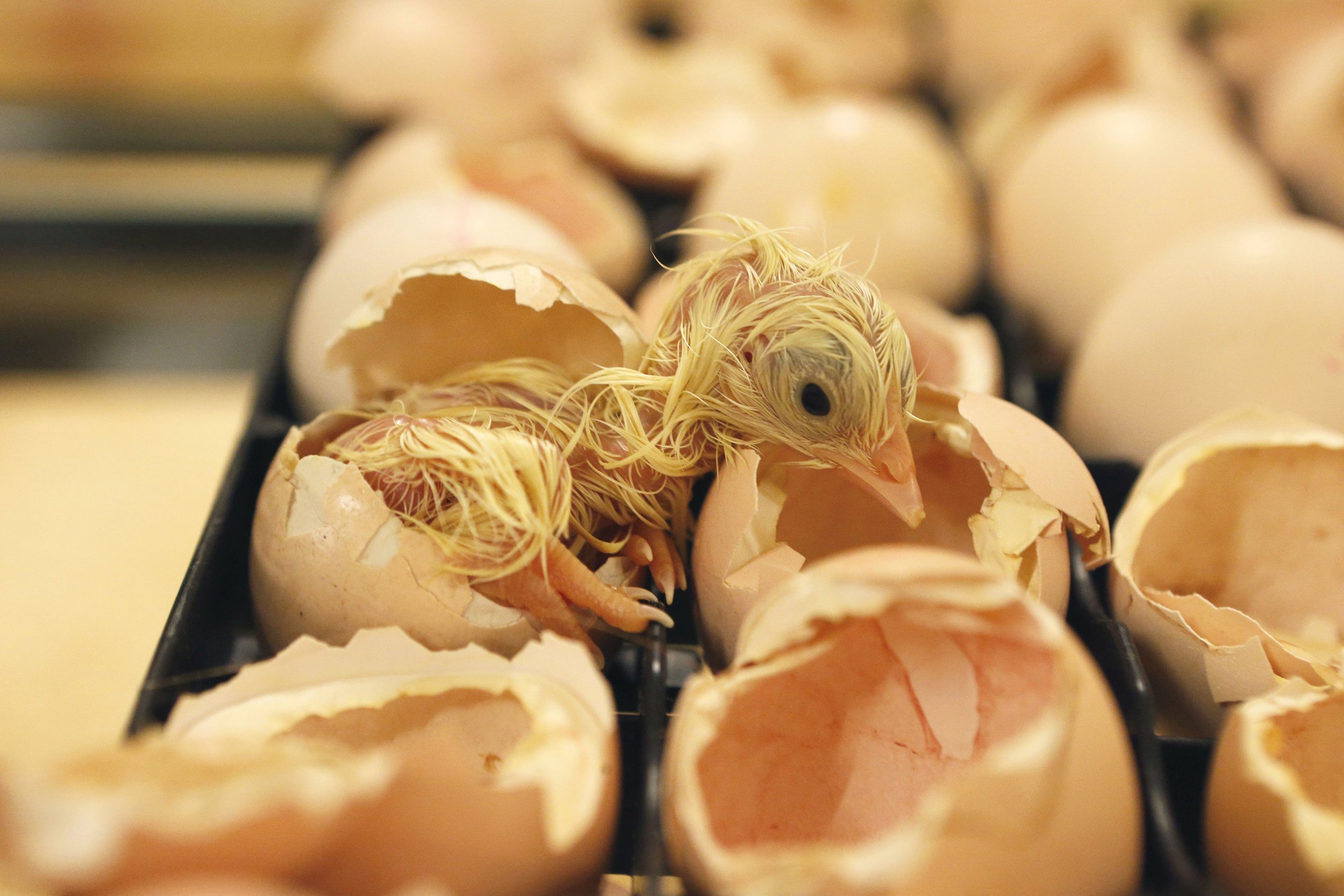
In-Ovo Sexing Opens Door To On-Farm Hatching of Layers
On-farm hatching is gaining popularity for broilers in Europe, but isn’t typically possible for layers due to the necessity of sorting out the females they hatch. However, as in-ovo sexing becomes more widely available, this situation will change. Once only females hatch, egg producers will too be able to enjoy the benefits of on-farm hatching.
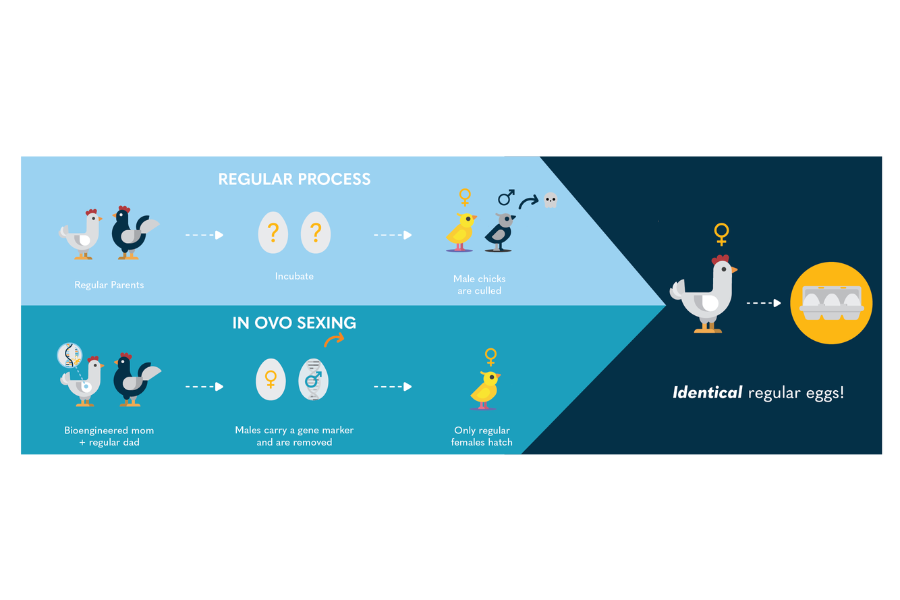
In-Ovo Sexing Quarterly Roundup: Q3 2023
There were a number of important developments for in-ovo sexing technology in the third quarter of 2023, including commercialization milestones, the first survey of US consumer attitudes towards male chick culling, and international policy updates for technologies supported by gene-editing.
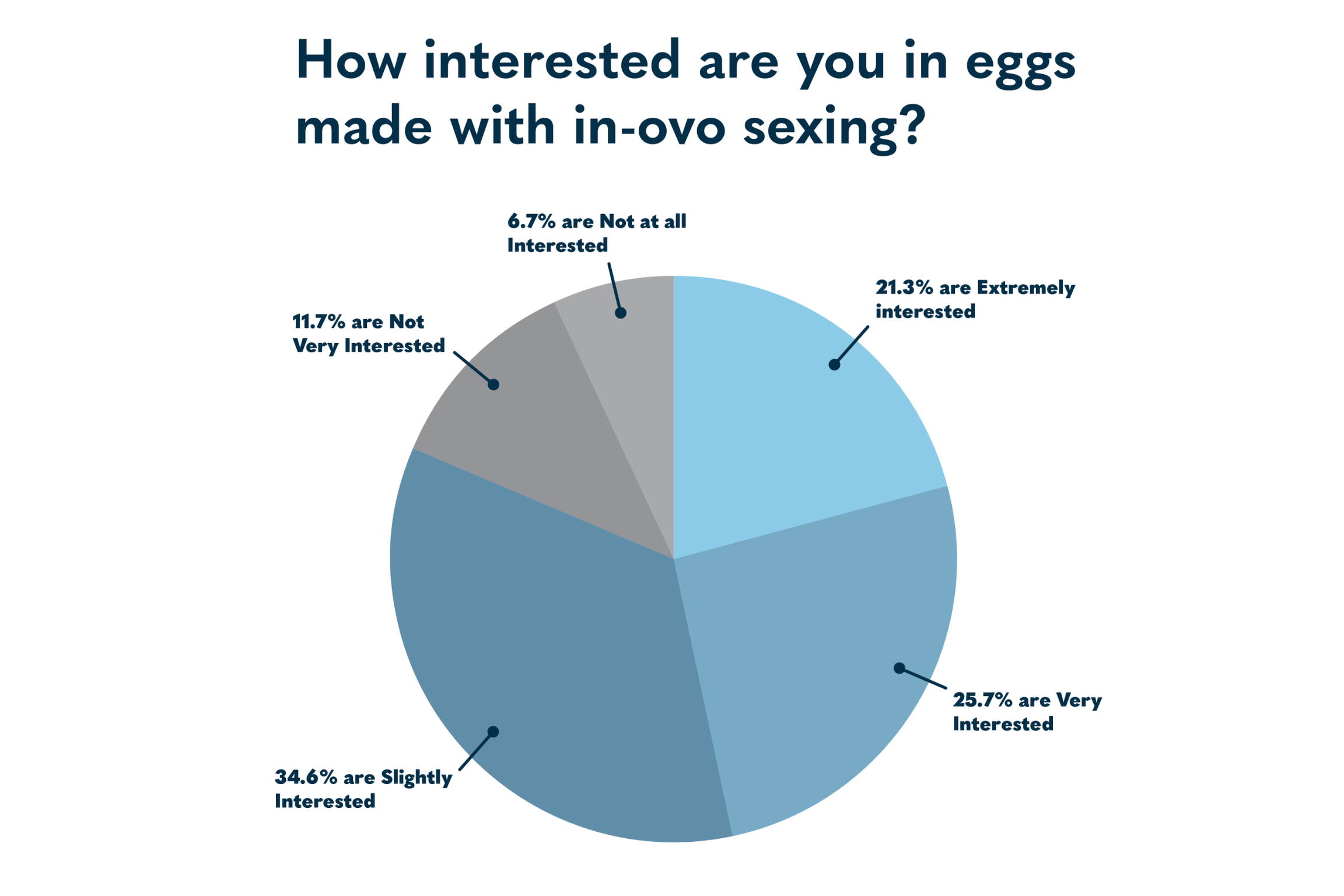
New Survey Shows Strong Business Case for In-Ovo Sexing
In-ovo sexing is now widely available in Europe, but not yet in the US. In this original survey commissioned by Innovate Animal Ag, American egg buyers express substantial interest and willingness to pay for eggs made with in-ovo sexing. For, egg producers at the high end of the market (e.g. pasture-raised, organic), there is a clear business case for in-ovo sexing, using technology that currently exists.
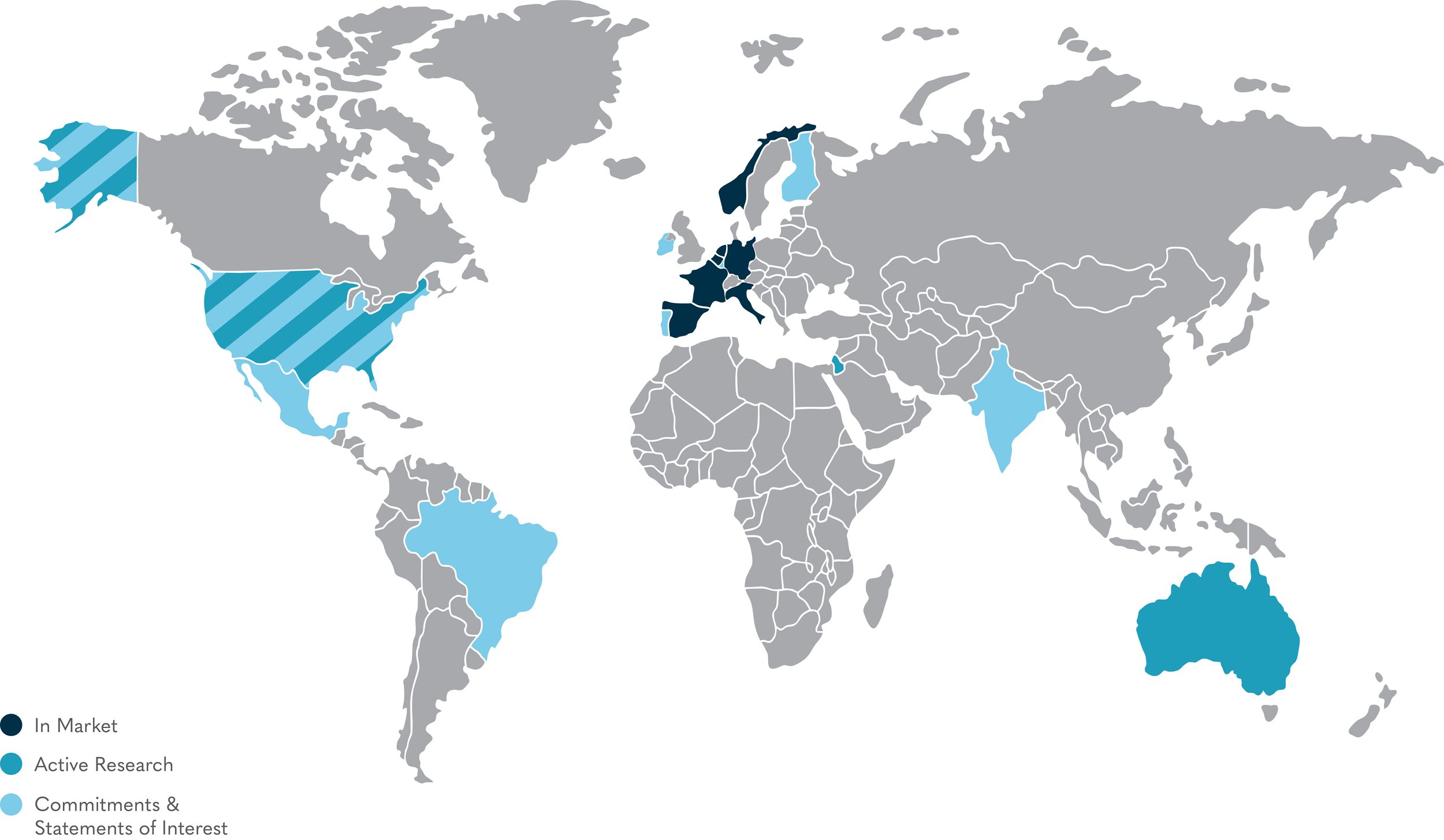
In-Ovo Sexing Quarterly Roundup: Q2 2023
Each quarter, Innovate Animal Ag will dive into the biggest developments for in-ovo sexing, and what they mean for consumers and producers across the globe.
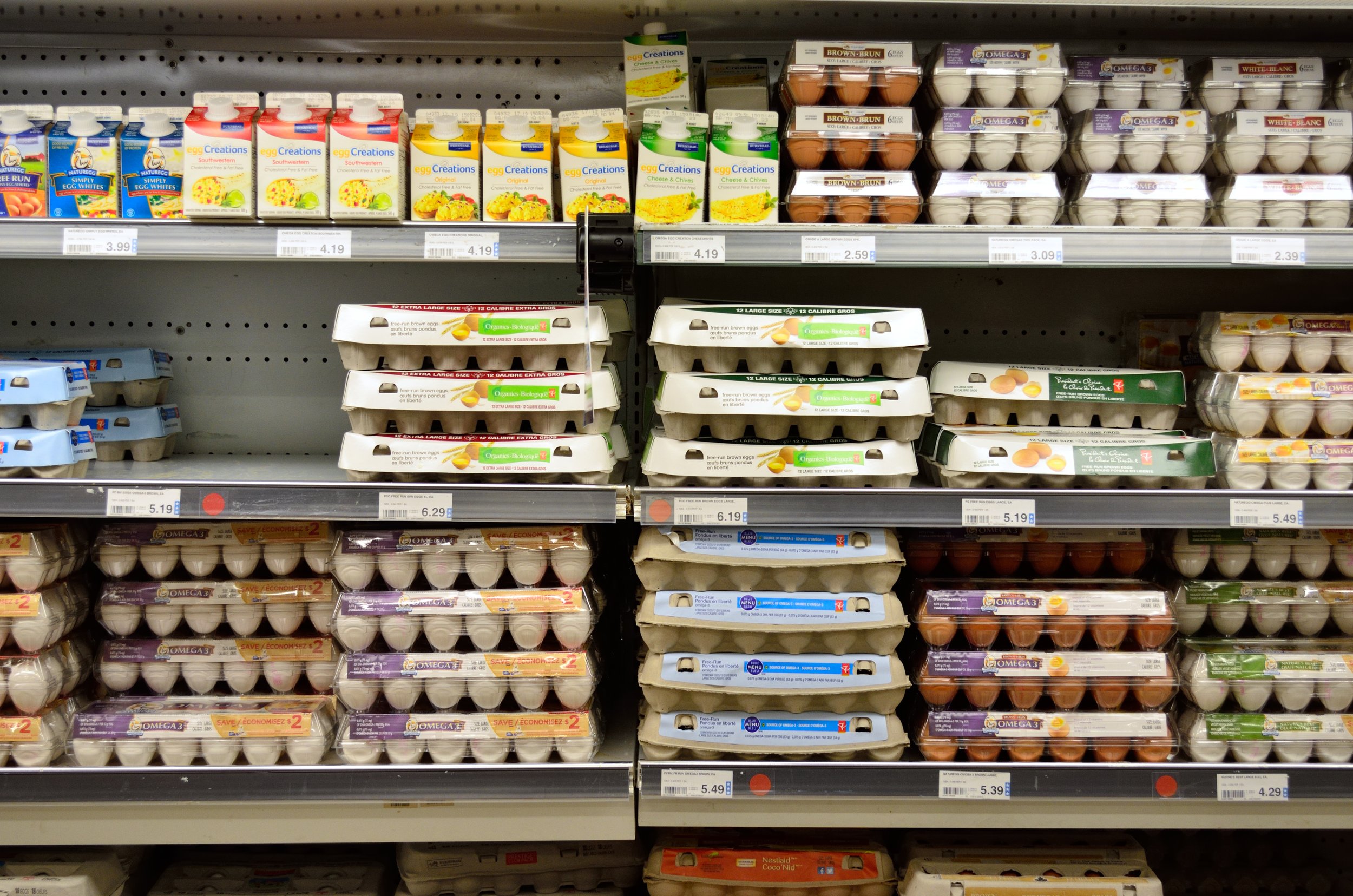
How In-Ovo Egg Sexing Technology Will Enter the US Market
Technological improvements are still needed before in-ovo sexing is adopted industry-wide, but the path to commercialization need not wait for the technology to be perfected. As with many novel technologies, in-ovo egg sexing will most likely start at the high end of the market, and then come down market over time as costs fall.
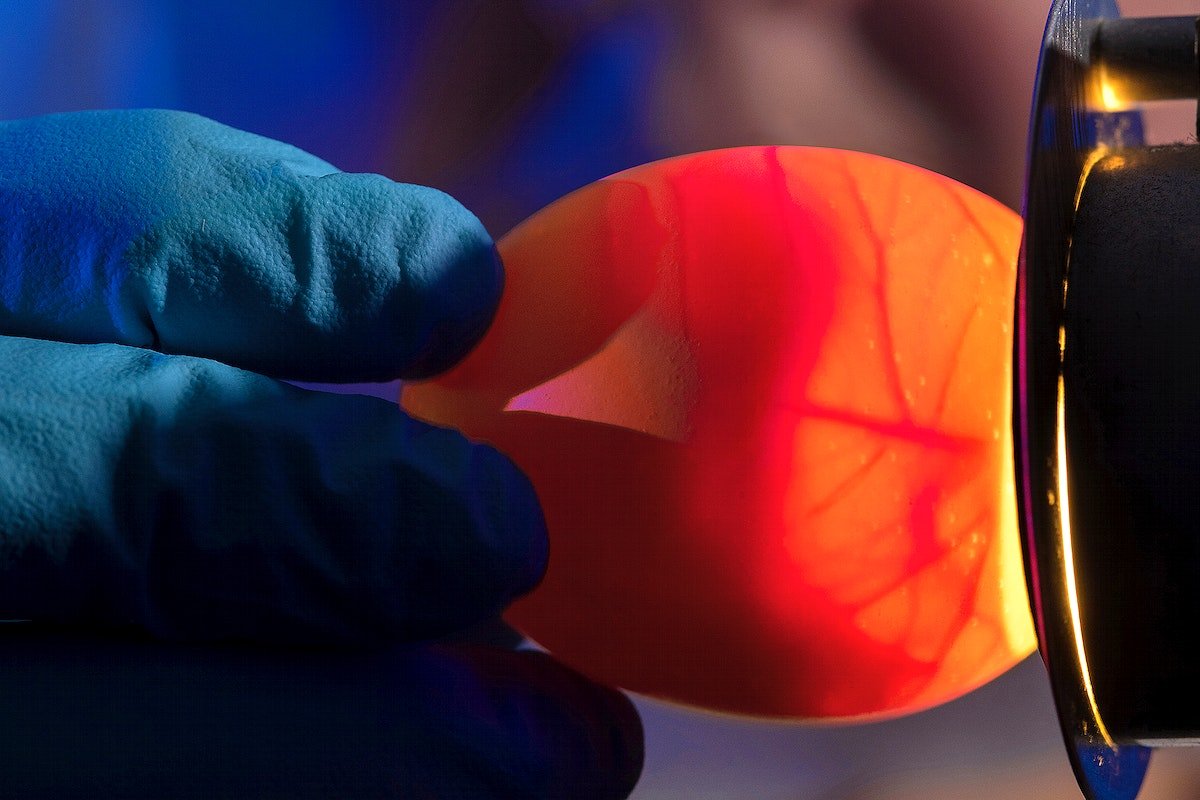
Study Identifies Day 12 as Target for In-Ovo Egg Sexing
A study by the German government found that a chicken embryo begins to feel pain at day 13 of incubation.
